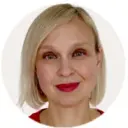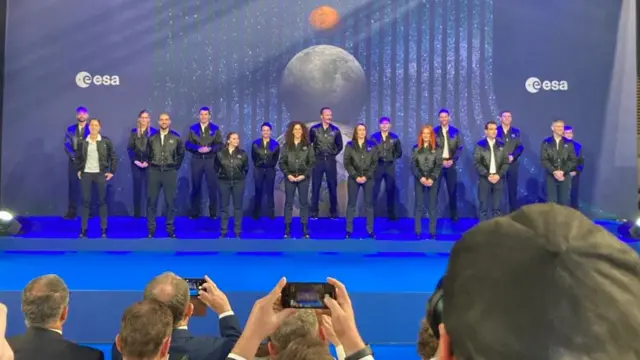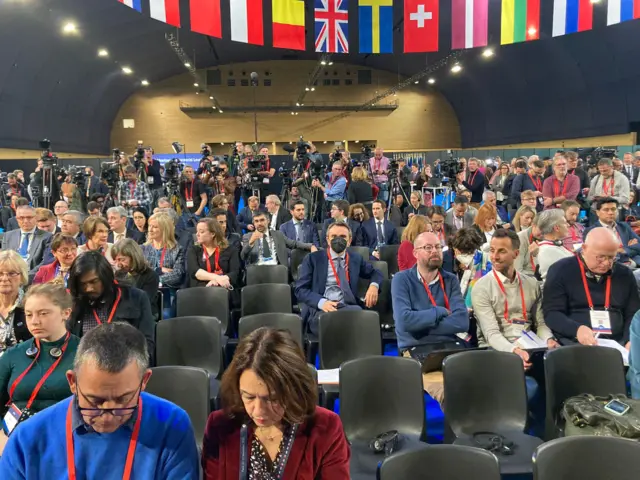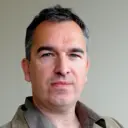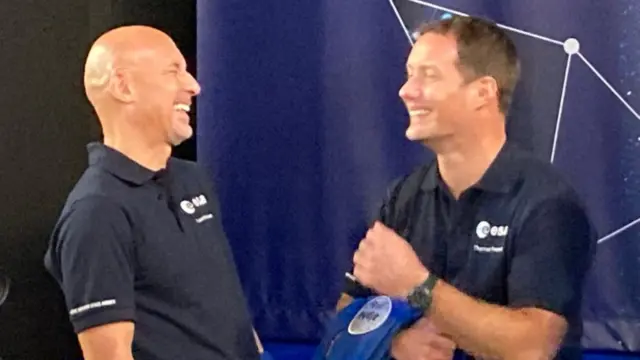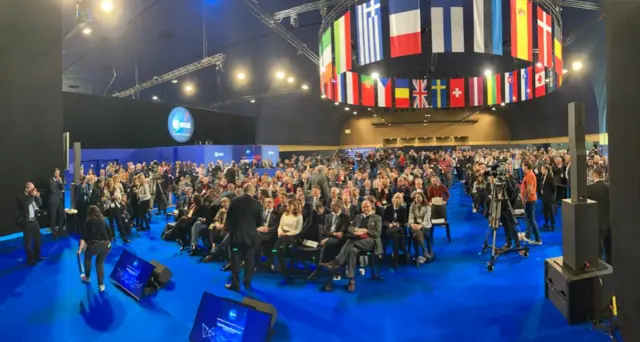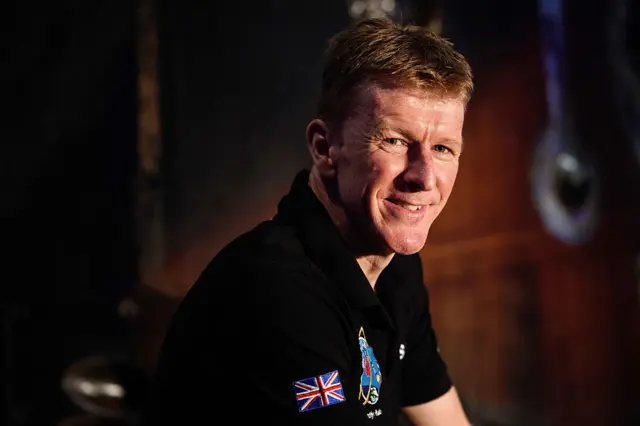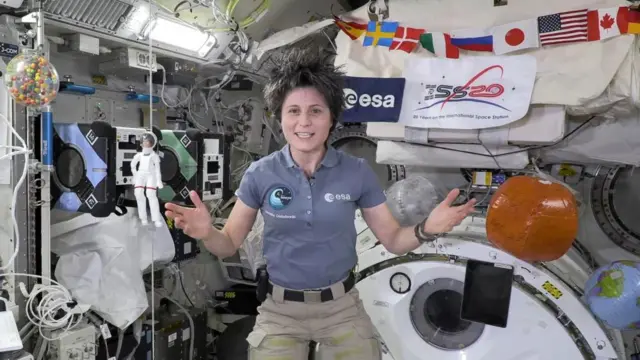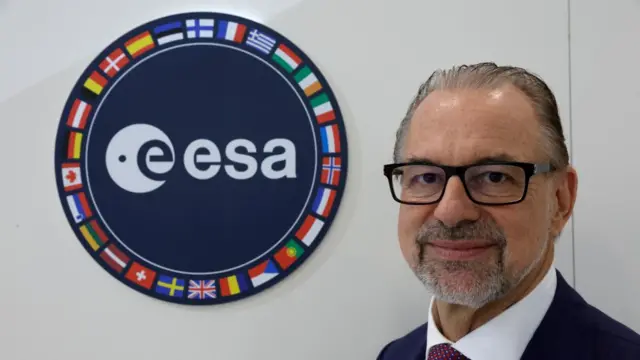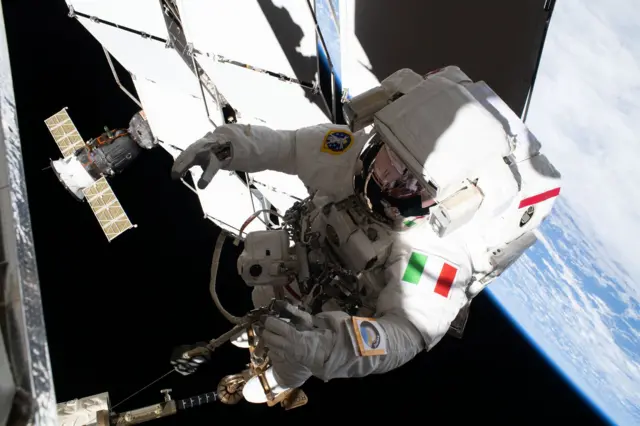Almost 50 per cent of recruits are women - Esa director generalpublished at 14:48 GMT 23 November 2022
"We have almost 50 per cent ladies," Josef Aschbacher says, adding the representation of the different countries across Europe is also well represented in the final selection of the new cohort.
In the last recruitment drive, only one of the new recruits was a woman - Samantha Cristoforetti.
We'll tell you more about what we know of each of the new astronauts shortly.
